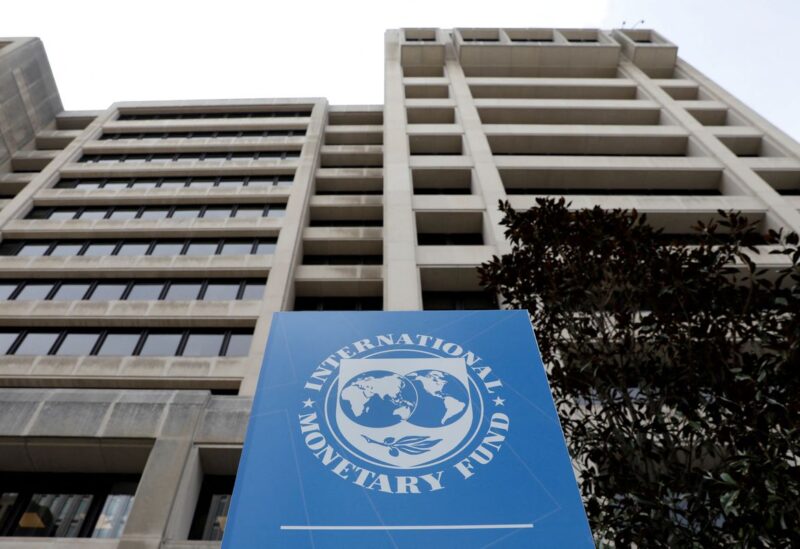
The International Monetary Fund (IMF) headquarters building is seen in Washington, U.S., April 8, 2019. REUTERS/Yuri Gripas/File Photo
The International Monetary Fund said on Thursday that in order to bring inflation sustainably back down to goal and prevent a rise in price pressures, global central banks must communicate to financial markets the likely need for interest rates to remain higher for longer.
The warning was issued despite a marked easing of financial conditions since October as investors ignored the sharp rise in interest rates implemented by central banks in an effort to reduce inflation, which exceeded 6% in more than 80% of the world’s economies last year. Instead, investors have been counting on a swift shift to rate cuts as central bankers approach a high in their policy rates and inflation has started to decline.
“Central banks should communicate the likely need to keep interest rates higher for longer until there is evidence that inflation — including wages and prices of services — has sustainably returned to the target,” the head of the IMF’s Monetary and Capital Markets Department, Tobias Adrian, and his two deputies wrote in a blog post.
“Loosening prematurely could risk a sharp resurgence in inflation once activity rebounds, leaving countries susceptible to further shocks which could de-anchor inflation expectations,” they added.
The disconnect was on show on Wednesday when the U.S. Federal Reserve raised its policy rate and Fed Chair Jerome Powell reiterated that the central bank does not plan to cut rates this year as it needs to see goods disinflation followed by marked progress in the services sector, which is forecast to take longer.
Investors ignored him, piling further into bets the Fed will cut rates this year while stocks rallied.
The S&P has risen more than 7% this year and is up more than 15% from its low in mid-October.
A premature easing in financial conditions is unwelcome for central banks, as it lowers the cost of borrowing at a time when rate setters are trying to keep it restrictive to dampen demand across their economies and bring inflation to heel.
The IMF said history shows high inflation is often persistent without “forceful and decisive” monetary policy actions and noted too that while goods inflation has abated the same progress is unlikely for the services sector without significant cooling in the labor market.
“Crucially, central banks must avoid misreading sharp declines in goods prices and easing policy before services inflation and wages, which adjust more slowly, have also moderated markedly,” the authors wrote. “It is critical for policymakers to remain resolute and focus on bringing inflation back to target without delay.”